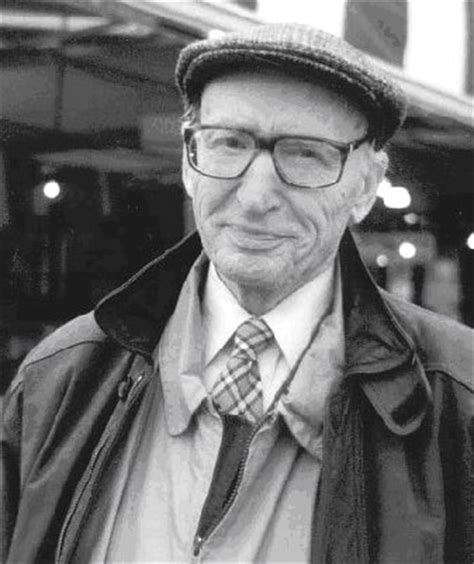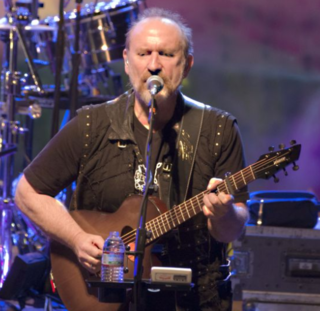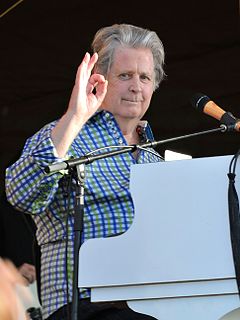A Quote by Billy Collins
I try to write very fast. I don't revise very much. I write the poem in one sitting. Just let it rip. It's usually over in twenty to forty minutes. I'll go back and tinker with a word or two, change a line for some metrical reason weeks later, but I try to get the whole thing just done.
Related Quotes
For some reason there's this myth that creativity - [especially] in terms of creative writing - is a gift you either have, or you don't. So when people first start writing, if they write something that's not very good, or if they try and it's difficult, they go, "Oh, I guess I don't have it." That doesn't seem very fair, you have to try and you have to work at it. If we get scared of one bad poem and quit, that's not doing anybody any good.
I try not to write more than two or three, I try to just write one if possible, I write till the end at least a draft of a play or a novel; but sometimes, I'll take a break for a couple weeks for a project that is paying me money like a television project which I try to stay away from just to stay financially ahead of the game.
I never think of my audience when I write a poem. I try to write out of whatever is haunting me; in order for a poem to feel authentic, I have to feel I'm treading on very dangerous ground, which can mean that the resulting revelations may prove hurtful to other people. The time for thinking about that kind of guilt or any collective sense of responsibility, however, occurs much later in the creative process, after the poem is finished.
The reason I feel bad for Steve Kloves is because he doesn't enjoy cutting things out. He's not sitting there with scissors, just laughing maniacally, going, "Ahahaha." He doesn't like doing it. The stories mean so much to him. But it had to go. And David kept saying, "We're gonna try, we're gonna try, we're gonna try" all the way into the shoot until the very last days, when he said, "Sorry, it's just not gonna work."
I try to write every day, preferably first thing in the morning. Of course, there are days when something happens to interfere with this ideal schedule. Then I try to find time later in the day. I usually work at home, but sometimes, for a change I'll go to a library or a cafe. And I like to read poetry before I sit down to write.
In a poem, the words happen; they just come. I let them. Otherwise, I wouldn't write. To interfere with what is happening is to distort the poem. Just a very small degree of intelligence and supervision is necessary. Very tactful. Any revision later that violates the text as it came, that begins rewriting the words, is fake.
I know exactly what it's like to stand on top of a tall building or in a high place and look down and go, 'Ohhhh my God.' I try to get into that place every time I write a scene like that. And definitely when I write the action scenes, I get overheated and my heart goes really fast. I get very involved.
The spotlight was on me. I pretended it wasn't, but it was, and for every wrong reason. It was all about money, it was all about my supposed competition with Joe Eszterhas over who'd be the highest-paid screenwriter. I didn't care. I just wanted to write stories, try to become a better writer, improve my style, change genres, even try new things. I didn't like action so much any more.
I suppose ever since I was about 14, I remember listening to "Sgt. Pepper's," and I remember thinking, "how do you possibly write songs like that?" I remember starting to try and write songs around that age, but just sitting around with an acoustic guitar, and try to come up with ideas for songs, and that's just what I've done ever since. I just never really stopped doing that, I suppose.






































